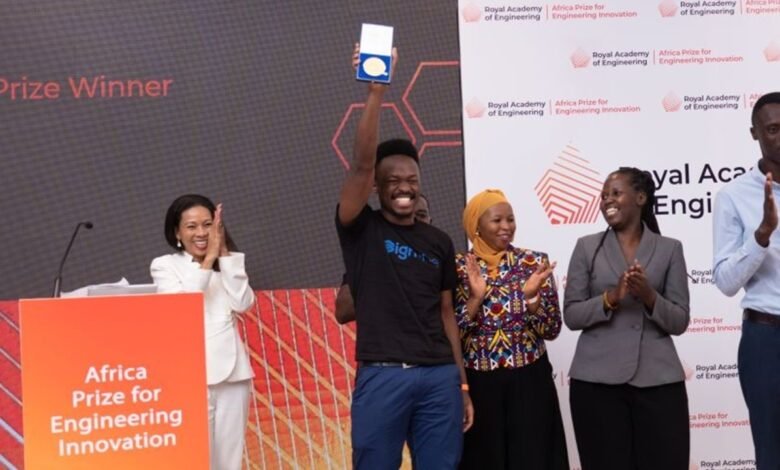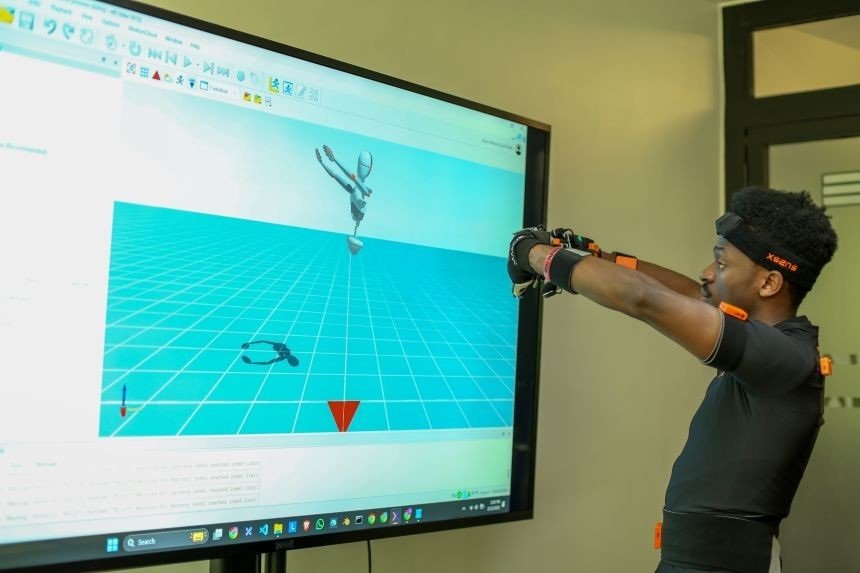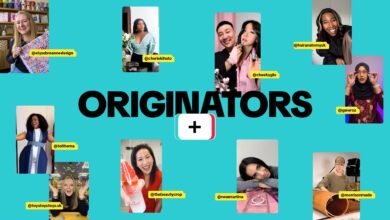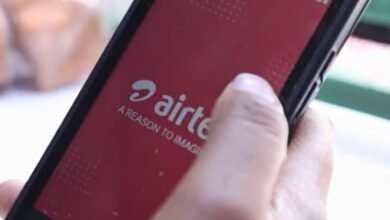
Kenyan tech innovator Elly Savatia, 25, has won the UK’s Royal Academy of Engineering’s Africa Prize for Engineering Innovation, earning £50,000 (approximately KES 8.6 million) for his groundbreaking app, Terp 360, a web-based platform that uses AI-powered 3D avatars to translate speech and text into sign language in real time.
Described by Savatia as “Google Translate for sign language,” Terp 360 enables seamless communication between deaf and hearing individuals without the need for human interpreters. The innovation was selected as the top entry among four finalists across Africa, during a ceremony held in Dakar, Senegal, on October 16.
“What really stood out about Elly’s solution is the level of innovation,” said Rebecca Enonchong, chair of the prize’s judging panel. “It’s a demonstration that Africans are capable of using cutting-edge technology to solve problems, not just locally but globally.”
Savatia, who was listed for the prize last month alongside E-Safiri’s Carol Ofafa, developed the app after recognizing how deaf people in Kenya often struggle to access essential services ranging from healthcare to education and employment due to a shortage of sign language interpreters and a general lack of awareness among the hearing population.
“Companies cannot afford interpreters, and they just don’t have the tools to effectively integrate deaf people,” Savatia explained. “We see ourselves as an enabler — we are able to do sign language, but at scale.”
Built in collaboration with deaf and hard-of-hearing Kenyans, Terp 360 currently supports English and Swahili to Kenyan Sign Language translations, with more than 2,300 recorded signs captured using motion sensors. The team has set up a motion capture studio in Nairobi capable of recording up to 1,000 new words a day, as they work toward supporting Rwandan, Ugandan, South African, British, and American sign languages by mid-2027.

While avatar-based sign language translators exist globally, Savatia’s solution stands out for being tailored to African sign languages and cultural nuances, filling a long-overlooked gap in inclusive technology for the continent.
The Royal Academy of Engineering’s Africa Prize, one of the continent’s most respected honors for tech-driven problem solving, recognizes innovators developing scalable solutions to Africa’s biggest challenges.
“[Savatia] has a real solution that works and that can truly transform lives,” Enonchong added.
For Kenya, Savatia’s victory is more than an individual triumph. It’s a testament to the country’s growing presence in AI innovation and accessibility tech. With the £50,000 award, the young engineer plans to expand Terp 360’s reach across Africa, bringing the deaf community closer to the digital revolution shaping modern communication.





